
OR
Editorial
Take adequate measures to protect small investors
Published On: December 21, 2023 07:25 AM NPT By: Republica | @RepublicaNepal

On Wednesday, the Nepal Stock Exchange (NEPSE) witnessed a remarkable surge, with the index adding an impressive 35.39 points and daily turnover hitting a one-year high of Rs 7 billion. While many view this as a positive sign, emblematic of increasing investor confidence, it is imperative to scrutinize the potential risks associated with such a rapid ascent, particularly for small investors who may be more vulnerable to market fluctuations. The surge in the stock market, in this instance, appears to be primarily fueled by banks reducing interest rates rather than a fundamental shift in economic indicators. It is crucial to recognize that a stock market boom driven solely by external factors such as interest rate adjustments may not be sustainable in the long run. The role of regulators becomes paramount in steering the market towards a transparent and trustworthy environment that ensures the market's stability over time.
However, it is disconcerting to note that the Nepalese stock market is not without its fair share of anomalies. Instances of insider information, circular transactions, and market cornering pose significant threats to the integrity of the market. Moreover, arbitrary manipulation in share prices by vested interest groups, the spreading of false information, and poor monitoring by regulators further exacerbate the risks associated with investing. One critical aspect that needs immediate attention is the poor literacy among investors regarding the fundamentals of the stocks they are investing in. Lack of awareness about the intricacies of the market can lead investors, especially small ones, into making hasty decisions that may have detrimental consequences. Regulators should take proactive measures to enhance financial literacy among investors, ensuring they have the tools and knowledge necessary to make informed investment decisions.
The recent surge in the stock market also raises concerns about the mental health of investors, particularly in the context of past instances where market downturns led to tragic outcomes, including cases of suicide. The correlation between market volatility and the psychological well-being of investors cannot be ignored. It is essential for regulators and market participants to prioritize not only the financial stability of the market but also the emotional well-being of those participating in it. To ensure the long-term sustainability of the stock exchange market, the government bodies concerned must take decisive action to address these anomalies. Regulators should tighten their oversight on market activities, clamp down on malpractices, and implement measures to enhance transparency. Market players, including stock dealers, should actively contribute to stabilizing market prices and discourage speculative behaviors that could harm the overall health of the market. The potential risks, especially for small investors, should not be underestimated. Regulators, market participants, and the government must work collaboratively to address the existing anomalies, foster a transparent investment environment, and prioritize the well-being of investors. Only through such concerted efforts can Nepal's stock market evolve into a resilient and sustainable financial ecosystem.
You May Like This
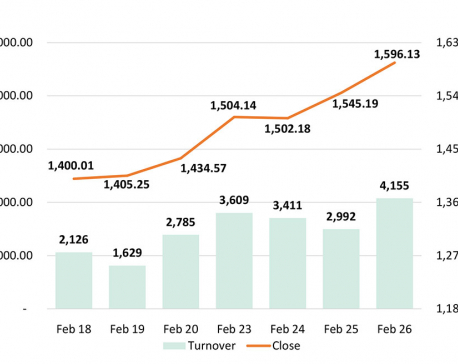
Nepse near 1,600 points, logs turnover of Rs 4.15b
KATHMANDU: The Nepal Stock Exchange (Nepse) index rallied sharply in the morning on Wednesday adding more than 25 points. The... Read More...
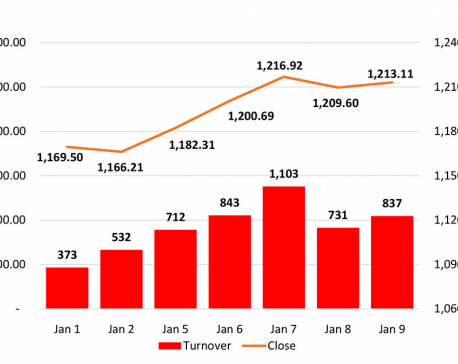
Nepse turns green after Wednesday’s retracement
KATHMANDU: The Nepal Stock Exchange (Nepse) index rose on Thursday morning but quickly gave up its gains to trade in... Read More...

Nepse index hits double-digit fall
KATHMANDU, Nov 29: The price of shares in the domestic stock market has dropped by two digits. ... Read More...
Just In
- NOC reduces prices of diesel and kerosene; increases prices of aviation fuel
- Newly-elected HoR member Nembang pledges to value ballots
- Parliamentary committees call for quorum rule revision
- Third Session of Karnali Province prorogued without passing any bill
- Embassy of India in collaboration of IBN and NICCI organizes Post Investment Summit India-Nepal B2B meeting
- NEPSE rises by 25.93 points, daily turnover surges to Rs 4.80 billion
- Suhang Nembang's journey from a lawyer to a lawmaker
- Book containing speeches of Narendra Modi published in Nepali language








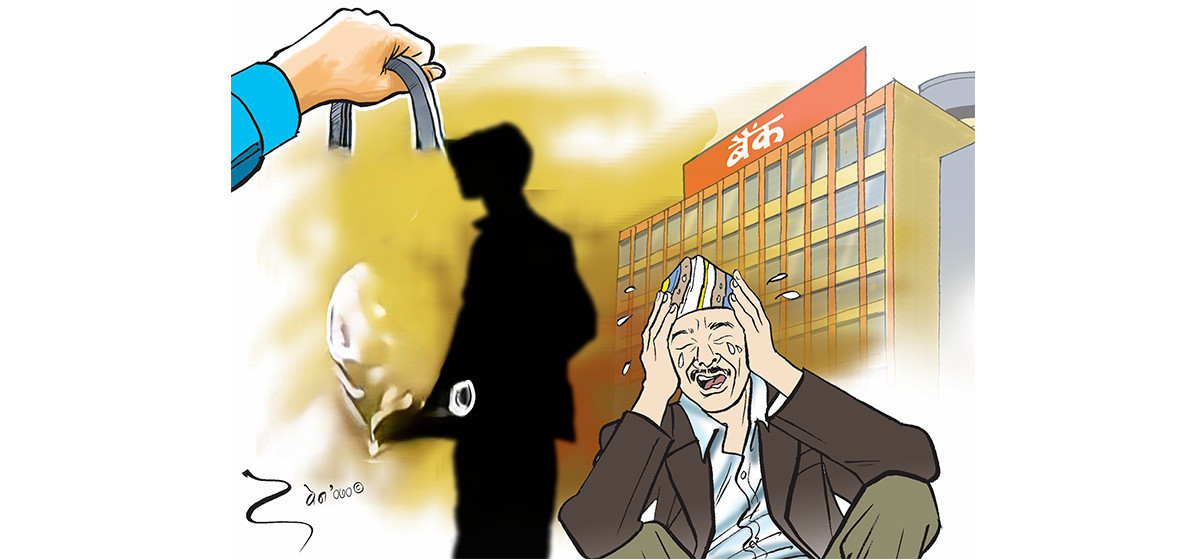




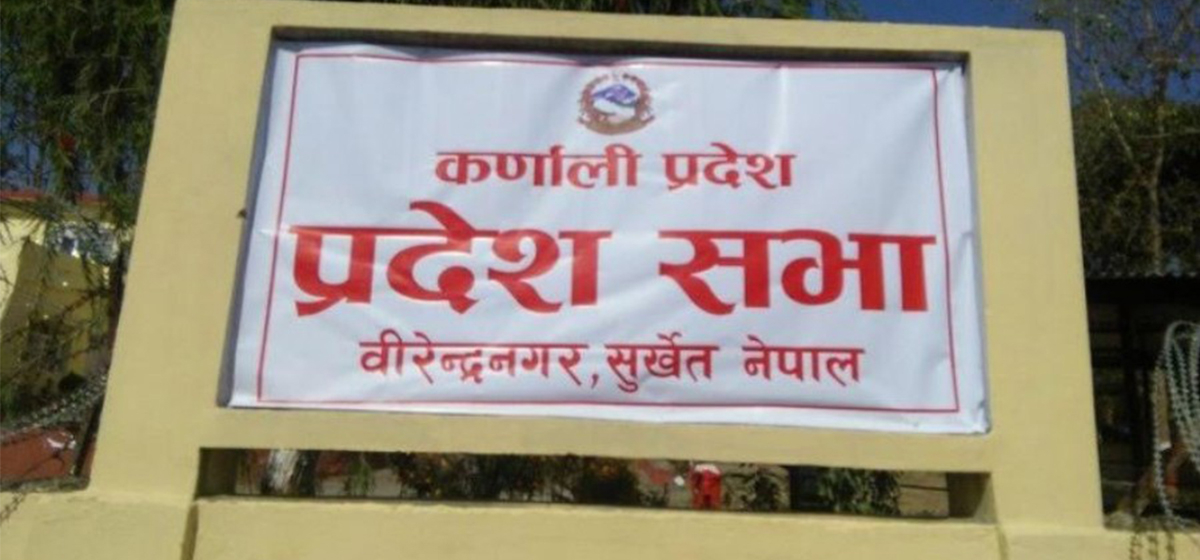


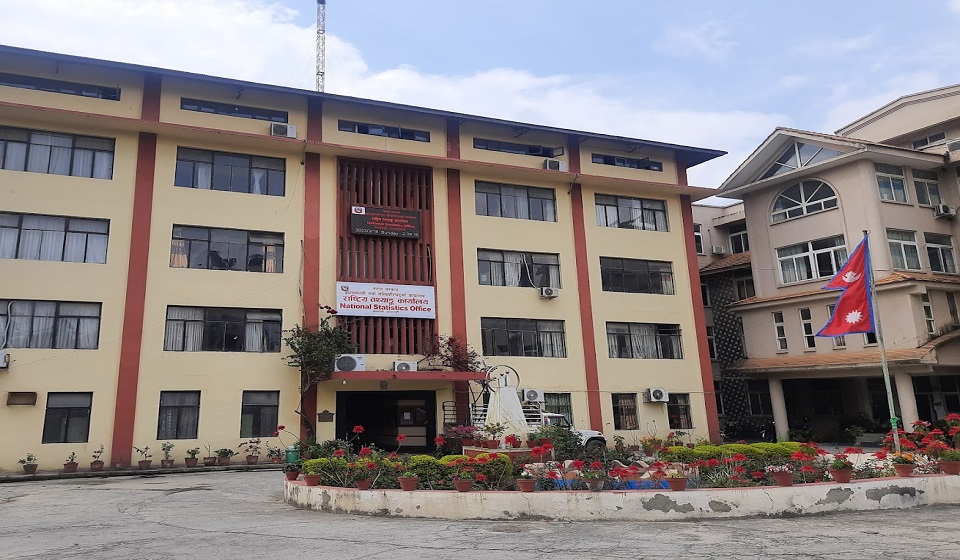
Leave A Comment